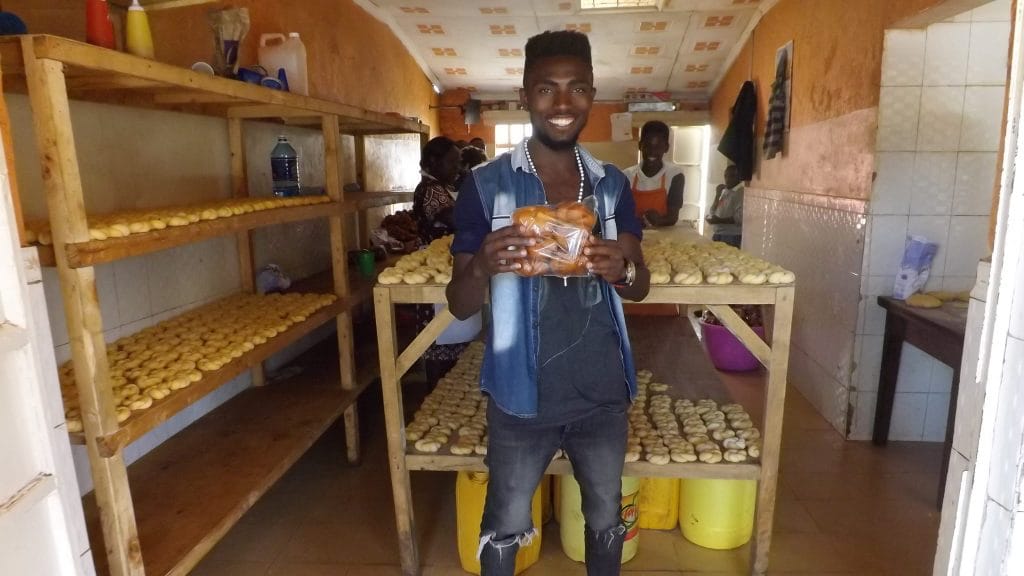Refugee Engagement and Empowerment Project in Nairobi, Kenya

August 27, 2020
What the project does
The Refugee Engagement and Empowerment Programme (REEP) provides training and support to assist young refugees living in the city of Nairobi to settle into their host community as well as empower them to be able to support themselves financially.
The REEP programme conducts literacy and numeracy classes covering basic arithmetic, Swahili and English as well as training in skills needed for personal, social and career-related success. The programme includes vocational skills training, job placements, apprenticeships, enterprise skills development to offer employment and more informal learning opportunities for the young refugees.
Youth leaders are identified in each community and they then mobilise other youth to sign up for the programme. These role models are able to identify relevant skills development training opportunities.
The programme works with local centres to provide training and legal support to refugees. Professionals from the host community assist integration through classes in English and Swahili and with legal aid advice for protection because refugees are subject to intimidation and exploitation by the authorities.
Long term results
The long-term purpose is to enhance the social and economic sustainability and integration of young, urban refugees. This has already been demonstrated by previous programme beneficiaries. Two programmes have been conducted, benefiting over 400 participants who have gone on to establish their own businesses or found employment.
The programme allows people to become independent and grants them the dignity that we all treasure.
Funding
Funding covers the costs of workshops, legal aid clinics, literacy training classes
Beneficiaries
Bizimana Francois, a Rwandan refugee, graduated from the programme in 2017 and set up a business making and selling mandazi (local pastry). Within two years he progressed from a small snack shop working with his cousin to premises four times bigger, employing 8 people and doing a 24-hour business. He increased his production from 3 packets of flour to 72 packets of flour a day.
Sumayaah came to Kenya after her husband was murdered in Somalia. She could not speak Swahili or English. After completing the literacy classes and workshops training in business skills, basic accounting and legal rights, she then took skills training in catering. She now has a food kiosk and is able to rent a room for herself and her three children. She no longer depends on friends for survival.
Background
Kenya is the second highest refugee hosting country after Ethiopia. Most refugees are accommodated in the two main camps: Kakuma and Dabaab where they receive support through food rations, health services etc.
However, some refugees move to urban areas in the hope of finding a sense of community, safety and economic independence. The reality is what they often find is isolation, poverty and harassment. Many are vulnerable to exploitation, arrest or detention, and can be forced to compete with the poorest local workers for the worst jobs. Many refugees are forced to look for work in the informal or shadow economy, exposing them to unfair wages and unsafe conditions.